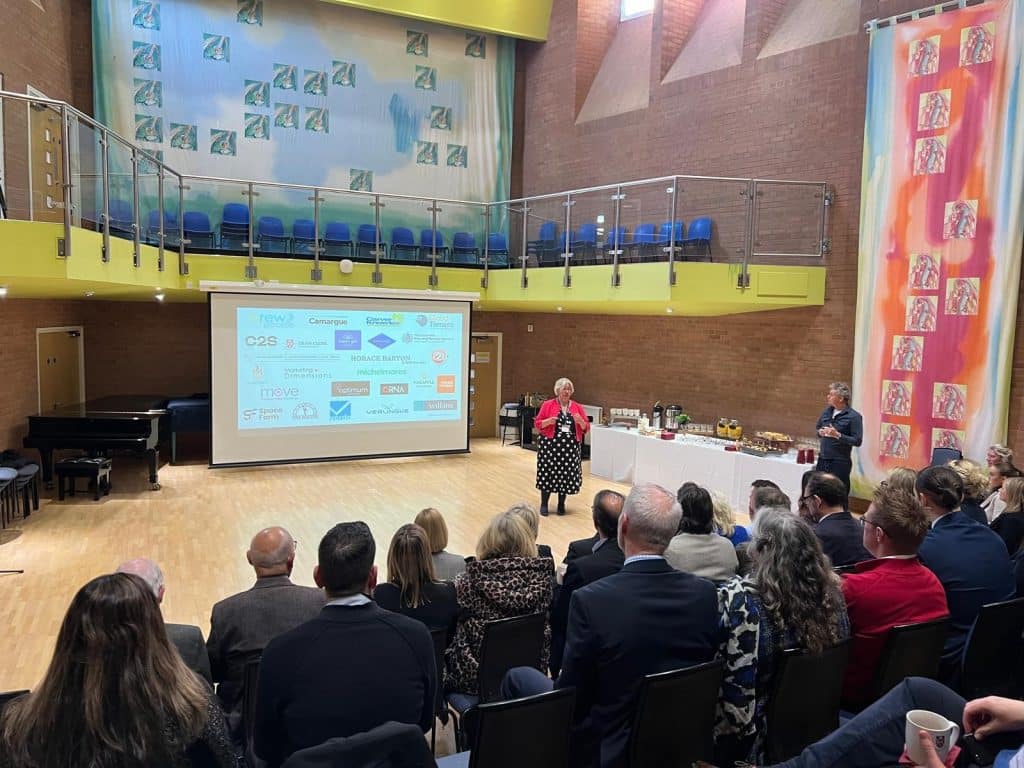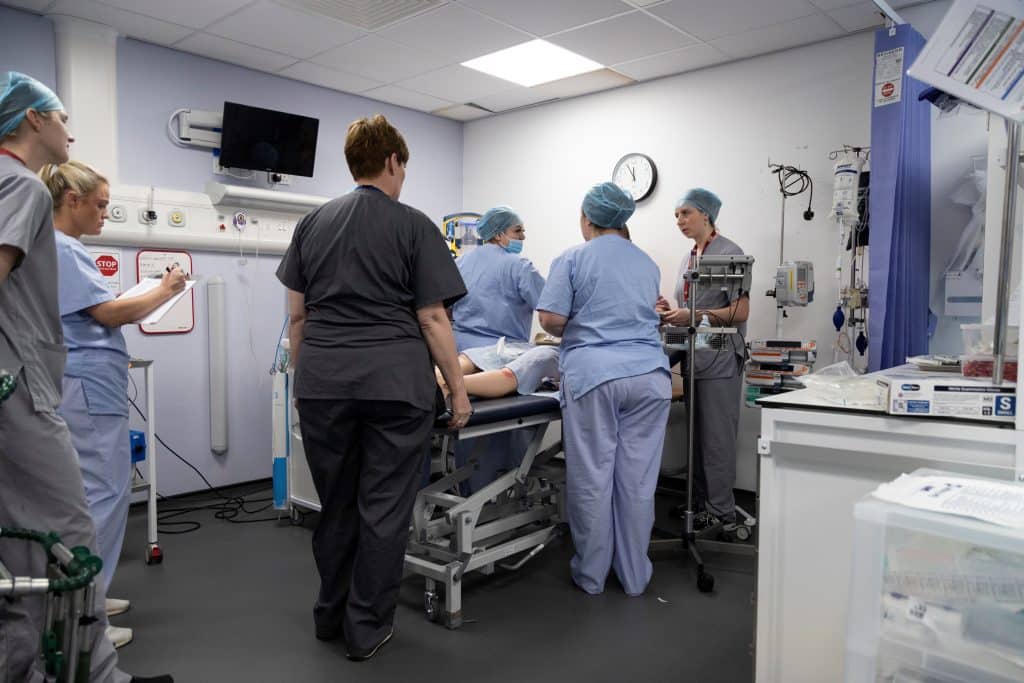Johnathan Dudley, Crowe’s National Head of Manufacturing at national audit, tax, advisory and risk firm Crowe, is calling on the government to take action to help businesses navigate their way through debt repayments now facing companies as the UK’s £75 billion loan guarantee programme starts to unwind.
Dudley said: “We need to steer a sensible path between debt servicing as required and not stifling investment in the plant, machinery, innovative processes and skills and leadership this country will need if it is to ‘build back better’.
“We propose a Coronavirus Business Recovery Offset Scheme (CBROS) which provides
130% enhanced credit against COVID-19 debt (CBILS, BBILS, CLIBILS, Time to Pay) as an immediate deduction against amounts owing on COVID-19 debt.”
In his role as chair of the ICAEW Manufacturing Community, he and his colleagues have worked up case studies, demonstrating how CBROS could make a significant difference to the recovery prospects of a wide range of manufacturing companies.
It is proposed to work like the R&D scheme for SMEs at an effective rate using the current corporation tax rate as a base,(though the credit rate need not necessarily be tied to the corporation tax rate) of 43.7% – effectively, 230% of the original expenditure, at corporation tax rates, currently 19%.
Dudley added: “Grant schemes can be cumbersome, but a relief system is necessary. We propose using the mechanism already in place for R&D tax credits with HMRC to provide a targeted reward/incentive to businesses for ‘doing the right thing’’ and to address the very real issues facing businesses.”
He said the proposals also addressed the issues of UK businesses being too over-geared by debt to attract future investment and “at risk” government investment in lending guarantees and unsecured time to pay arrangements that are expected to have a significant call on the failure of the borrower.
“Reducing gearing makes businesses a better lending and investment proposition.”
Dudley is proposing that the CBROS arrangement could be put in place for R&D expenditure, export activity, skills outside the apprenticeship framework, and capital expenditure focused on investment in enhancing the resilience of UK-based supply chains.
Dudley said: “Though our proposal is seen to be of most attraction and use/benefit to the manufacturing sector, it is likely to provide assistance to entities in the service and other sectors also adversely affected by the impact of lockdown and challenging trading circumstances experienced and still to be experienced in the coming months.”
He explained that CBROS will assist in:
- Promoting positive recovery investment, in the short term, by reducing gearing and increasing lending attractiveness.
- Ensuring that as much as possible of the government’s commitment in supporting business through COVID-19 debt measures and security is put to sustainable use and not called in, in the event of insolvency.
- Helping to promote the long-term benefits of the research and development tax credit scheme to a wider corporate audience.
- Ease of application.
- Providing rapid assistance without needing to establish a specific grant scheme.
- Inbuilt accepted audit and evidence process.
More information on how CBROS would work and its application in your business is available by emailing johnathan.dudley@crowe.co.uk or calling 0121 543 1900.




